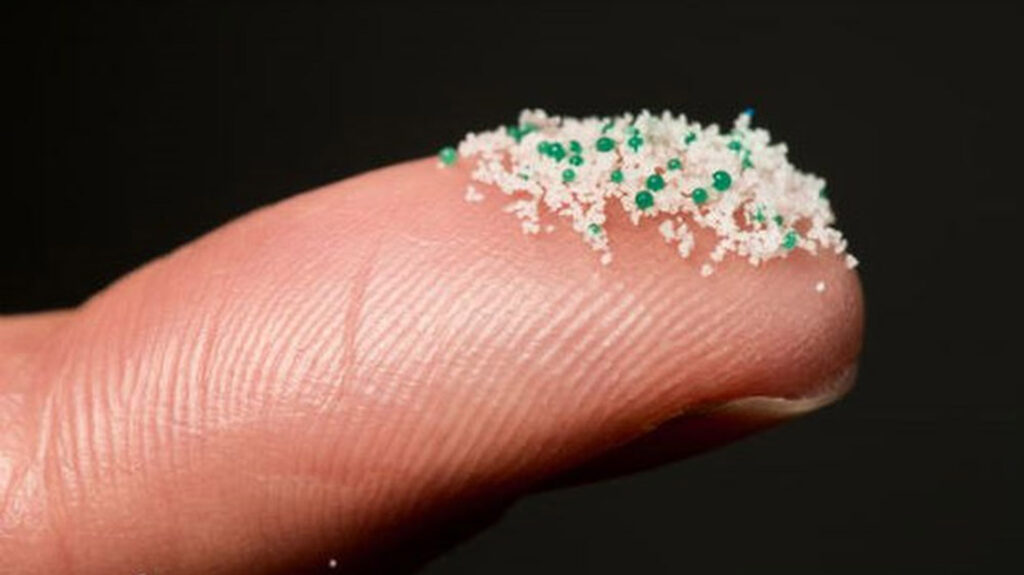A team of scientists from Mexico developed an innovation from a problem: sustainable batteries with recycled plastics. The initiative aims to reduce the presence of plastics in the environment, one of the biggest pollutants on the planet.
The researchers are part of the Center for Applied Physics and Advanced Technology at the National Autonomous University of Mexico (UNAM) in Juriquilla, Querétaro.
Sustainable batteries with recycled plastics: the Mexican innovation
The group was led by researcher Jorge Oliva Uc. And, for this creation, single-use plastics, such as condiment packets like mayonnaise and ketchup, are ideal for this purpose.
After analyzing various types of plastics for two years, the team concluded that these small packets are perfect for making lighter and less toxic batteries.
This is because they do not require additional processes to mold them and make them flexible.
Cheaper and more ecological: what the batteries are like
 UNAM’s innovation.
UNAM’s innovation.
The developed batteries have a maximum thickness of one millimeter and weigh less than 10 grams, making them more environmentally friendly compared to traditional AA and AAA batteries.
These weigh between 40 and 100 grams and contain zinc, acids, and toxic heavy metals.
In addition, these innovative batteries can use seawater as an electrolyte, eliminating the need for toxic acids and making them more ecological.
Furthermore, the production cost is significantly lower. The prototypes were tested in remote controls for fans and toys, as well as in LED light bulbs.
The next goal is to optimize them to achieve 3.7 volts, like those used in mobile phones, and subsequently achieve 12 volts to compete with car batteries.
The multidisciplinary team consists of 11 academics from different institutions, such as the Potosino Institute of Scientific and Technological Research; the Center for Research and Advanced Studies of the National Polytechnic Institute, Saltillo; the autonomous universities of Coahuila and Querétaro; the Western Institute of Technology and Higher Education; as well as undergraduate and graduate students from UNAM.
The serious problem of plastic pollution
This initiative is part of a global context where microplastics represent a growing threat in all ecosystems, especially in the oceans.
 Microplastics have been found in the human body.
Microplastics have been found in the human body.
According to the report “From Pollution to Solution: An Assessment of Marine Litter and Plastic Pollution” (2021) by the United Nations Environment Programme (UNEP), plastics account for 85% of the waste reaching the oceans.
It is estimated that by 2040 the volumes flowing will nearly triple, with an annual amount of 23 to 37 million tons.
Microplastics even become part of the human diet, with this material being found in the stomachs of 9 out of the 10 most consumed species of fish globally, posing a risk to public health.
Have you visited our YouTube channel yet? Subscribe now!

